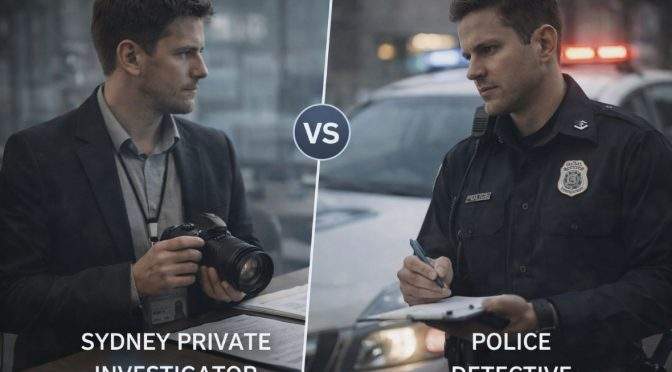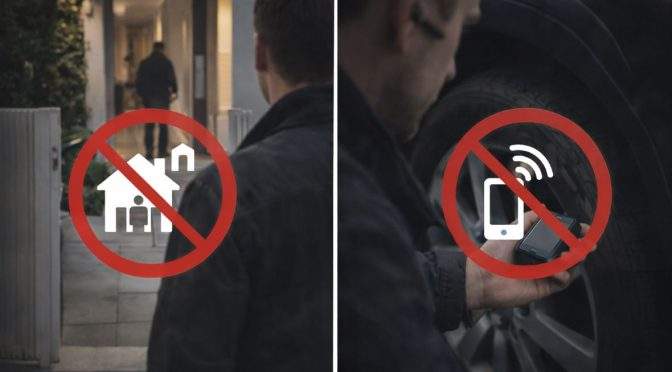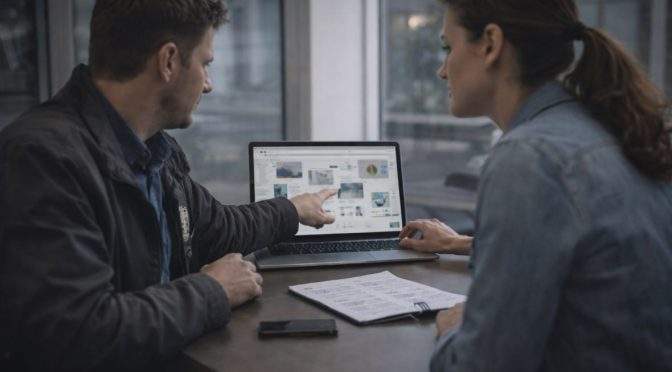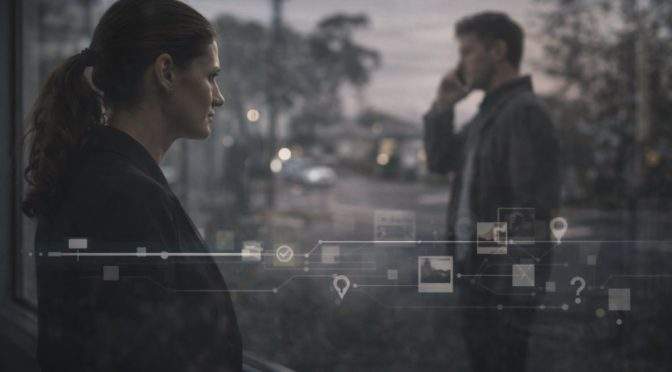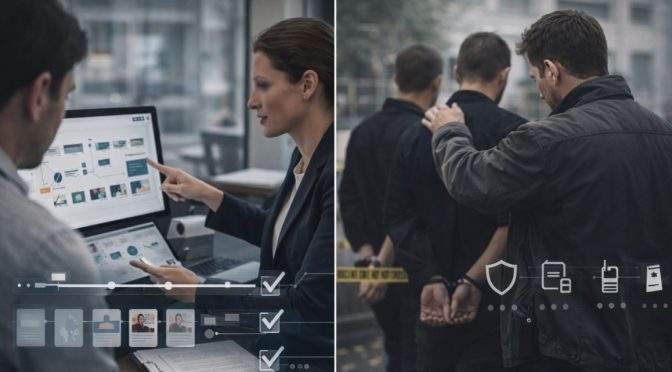What is Bug Sweeping?

Role of Bug Sweeping in Privacy
Positive Aspects
Technology, primarily smartphones and the internet, has given us immediate access to vast information, eased communication, and once cumbersome and even simplified tasks.
Negative Implications
However, the other edge of this sword is the alarming invasion of our privacy. Every click, every purchase, every ‘like’ is recorded, often leading to unwanted attention and, in extreme cases, surveillance.
History and Importance
Importance of Personal Privacy
- Evolution of Surveillance: From spies carrying out covert operations to now tiny tech devices invisibly transmitting your most personal conversations, surveillance has become more sophisticated.
- Global Impacts on Privacy: It’s not just an individual or national concern anymore. Elections, economies, and societies are at risk when mass surveillance is unchecked.
The Modern Threat Landscape
Gone are the days when the primary concern was a prying neighbor peeking over the fence or a competitive colleague eavesdropping on conversations at the water cooler. Today, the stakes are exponentially higher, and the adversaries far more formidable. We’re not just battling individual mischief-makers; we’re up against well-funded nation-states that engage in cyber espionage, multinational corporations with vast resources and data-hungry agendas, and tech-savvy criminals skilled in digital infiltration. This new era sees threats not bound by geography or limited by resources.
Surveillance Across Various Sectors
- Home and Office: Our personal and professional spaces are increasingly vulnerable, from nanny cams to concealed microphones in boardrooms. It may also include computer monitoring spyware.
- Online Communications: Have you ever talked about a product and seen its ad online? It’s not a mere coincidence.
- Vehicle Surveillance: Your vehicle can be a moving treasure trove of information, from travel patterns to in-car conversations.
DIY vs. Professional
Many individuals are turning to DIY methods to ensure privacy, but is it compelling enough?
Expert Insights
- Benefits of Expertise: Professionals have years of training, experience, and access to high-end equipment. They not only detect but also provide solutions to secure your space.
- Cons of DIY Methods: Without proper knowledge, there’s a high likelihood of overlooking sophisticated bugs, giving a false sense of security.
How to Protect Your Personal Space
In an interconnected world where every device and platform can be a potential entry point for prying eyes, more than simply relying on traditional methods like sweeping for bugs is needed. Ensuring your personal space remains your own requires a more comprehensive strategy. A holistic approach to protection, which covers both the physical and digital realms, is not just recommended—it’s essential.
Educating Yourself
Awareness acts as the foundation of all protective measures. It’s not just about knowing what tools and technologies are out there but also understanding their implications. Read about the latest security breaches, attend webinars, and join community forums. When aware of the potential risks, you naturally adopt behaviors that minimize your exposure to threats.
Importance of Constant Vigilance
Adopting a “set it and forget it” mindset is easy, especially with technology that promises top-notch security. However, as technology evolves, so do the methods used to compromise it. Therefore, it’s crucial to maintain regular checks of your devices and online accounts. Ensure that software and operating systems are regularly updated, as these updates often contain vital security patches.
Physical Barriers
While our focus tends to lean heavily on the digital, the importance of physical barriers must be recognized. Ensure that your personal spaces, home or office, have adequate security. This can range from surveillance cameras and security personnel to having a well-lit environment to deter unsolicited activities.
Digital Hygiene Practices
Apart from regular updates, cultivate good digital habits. Be cautious about the Wi-Fi networks you connect to, especially public ones. Regularly backup critical data and ensure that unused apps and software are uninstalled.
The Psychology Behind Privacy Invasion
Understanding why someone would want to invade another’s privacy is essential to anticipate potential threats and safeguard oneself effectively.
Espionage
This is usually state-sponsored, aiming to gather political, economic, or military information. While individuals may feel they’re not at risk, sensitive data about their employers or affiliations can make them targets.
Commercial Gain
Companies might use evil means, such as bugging competitors, to gain a business edge. You might be at risk if you’re in a decision-making role or privy to confidential information.
Personal Vendettas
Sometimes, the reason for invasion can be personal grudges, strained relationships, or simply obsessive behaviors. Such intrusions can be deeply invasive and distressing.
Bug Sweeping Technologies
Ensuring privacy is about more than just understanding risks. It’s also about leveraging technology to counter those risks.
- Radio Frequency Detectors: These are designed to pick up wireless transmissions from various devices, including hidden cameras, mics, and other spying tools. They are effective for detecting active devices.
- Thermal Imaging Cameras: Sophisticated bugs might be hidden deep within walls or furniture. Thermal cameras can detect heat sources from electronic devices, pinpointing their location.
- Acoustic Analysis: Some bugs might be hardwired and not emit radio frequencies. In such cases, analyzing room acoustics can hint at irregularities or potential devices hidden in plain sight.
The Future of Personal Privacy
While we can’t predict the future with certainty, we can prepare for it.
Predictions and Preparations
- Next-gen Threats: As technology advances, so will the tools and methods used by those aiming to breach personal privacy.
- Proactive Approaches: Investing in advanced security systems, staying updated with the latest threats, and ensuring regular professional sweeps are the way forward.
Hiring a Private Investigator: An Imperative Measure
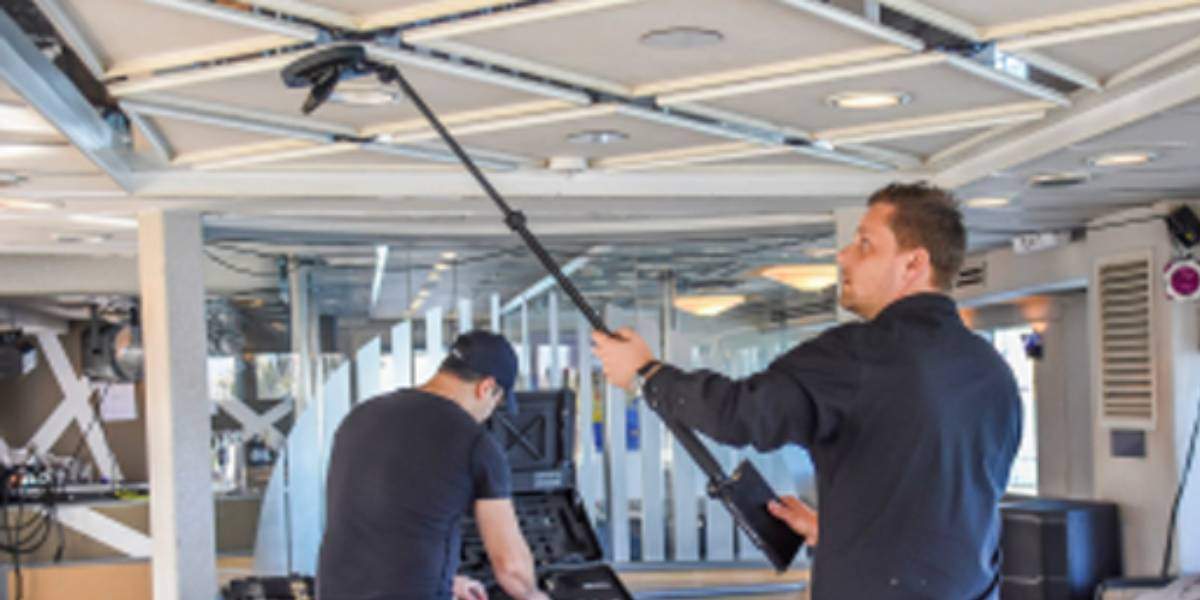
When it comes to personal privacy, leaving things to chance or relying solely on DIY methods might not cut it. Hiring a private investigator (PI), especially one specializing in counter-surveillance and bug sweeping, offers numerous advantages. Firstly, PIs possess an extensive knowledge base from years of training and hands-on experience, making them adept at detecting even the most discreet surveillance devices. They are also familiar with the latest tactics and tools used by those who invade privacy.
Moreover, PIs operate with keen discretion, ensuring that your privacy concerns are addressed confidentially. This can be crucial, especially if you suspect corporate espionage or any other sensitive situation. Hiring a PI also provides a holistic approach to privacy. Beyond bug sweeps, they can assess vulnerabilities in your day-to-day routines, communications, and digital footprint. Think of them as privacy consultants, not just bug detectors.
Lastly, with their connections and network, PIs can provide insights into who might be behind the invasion, giving you not just peace of mind but also legal leverage if you decide to pursue matters further. While technology and awareness are essential, having a professional PI by your side ensures you’re always a step ahead of potential invaders.
Conclusion
Our personal spaces are extensions of our very essence. Keeping them free from invasive bugs and unwarranted surveillance is not just about ensuring privacy, but it’s also about preserving our very identity. We must be proactive, not reactive, in this ever-evolving digital landscape.
When safeguarding one’s privacy, it’s pivotal to align with professionals who possess the expertise and prioritize their client’s concerns. Sydney Private Investigations is renowned for its meticulous approach to privacy matters, ensuring clients are always shielded from unwanted intrusions. But our commitment continues beyond there.






